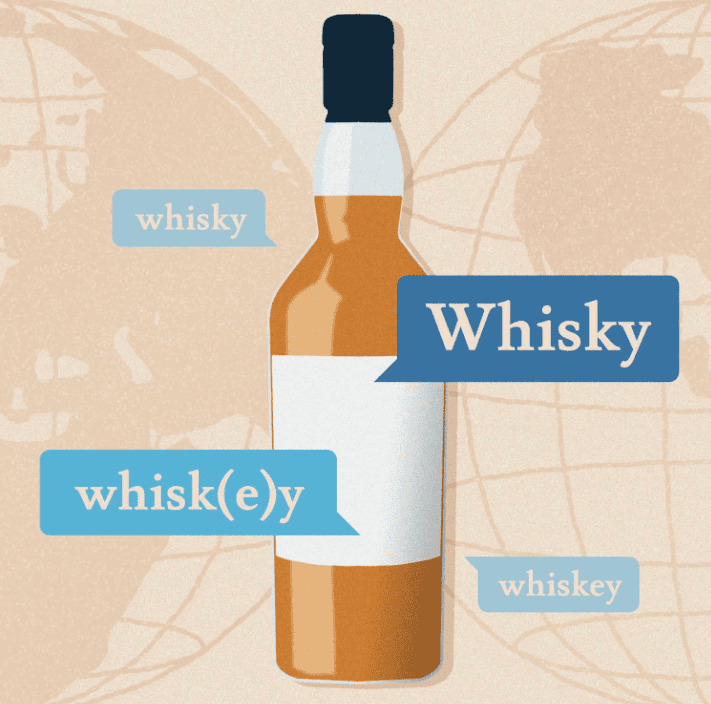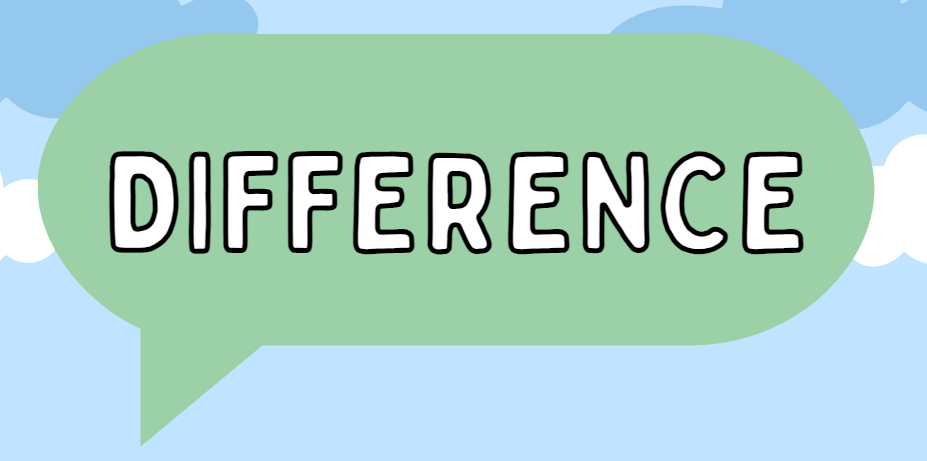Whisky vs Whiskey: Demystifying the Linguistic Symphony
Contents

Do you ever find yourself puzzled by the difference between whisky and whiskey? You're not alone! The world of spirits can be a confusing place, especially when it comes to these two similar-sounding but distinct beverages.
Did you know that Scotland is home to over 130 active distilleries producing Scotch whisky? And did you know that Ireland has its own unique style of whiskey production, known for its smoothness and triple distillation process? These interesting facts are just a taste of what lies ahead as we dive deeper into this captivating world.
Imagine walking into a bar, confidently ordering your favourite drink by saying "I'd like a glass of whiskey, please." However, when the bartender serves you a glass of Scotch whisky instead, confusion sets in. This scenario exemplifies the common mix-up faced by many English learners when distinguishing between whisky and whiskey due to their similar pronunciation.
But fear not! In this article, we will unravel the mystery surrounding the whisky vs whiskey difference and provide you with all the information you need to navigate this linguistic puzzle.

Whisky vs Whiskey Difference
When it comes to the world of distilled spirits, there is one debate that has been raging on for centuries - the whisky vs whiskey difference. While the two terms may sound similar, there are subtle distinctions that set them apart and give each its unique character and flavour. Let's dive into the definition and origin of both 'whisky' and 'whiskey' to demystify this linguistic symphony.
Definition and Origin of the Term 'Whisky':
Whisky, with no 'e', is the preferred spelling in Scotland, Canada, India, and most other countries around the world. It is made from fermented grain mash, which is aged in wooden barrels for a specified period of time. The process gives whisky its distinct flavours and aromas.
The term 'whisky' originated from the Irish and Scottish Gaelic word 'uisce beatha', meaning 'water of life'. This name reflects the deep-rooted cultural significance attached to this noble spirit.
Definition and Origin of the Term 'Whiskey':
On the other hand, whiskey, spelt with an 'e', is used predominantly in Ireland and the United States. Just like whisky, it is also made from fermented grain mash but can include different types of grains such as corn, barley, rye, or wheat.
The addition of an extra vowel in its name is believed to have been influenced by Irish immigrants who brought their distilling traditions to America. The term whiskey derives from the Old Irish word 'uisce beatha' as well.
To summarise:
- Whisky (no 'e') is commonly used globally except in Ireland and the United States.
- Whiskey (with an 'e') is mainly used in Ireland and the United States.
Now that we have clarified their definitions and origins, it's important to understand that while these spellings may differ slightly, both whisky and whiskey offer a delightful range of flavours and complexities. Whether you prefer the smoothness of a Scottish whisky or the boldness of an American bourbon, exploring the world of whisky/whiskey will surely enhance your appreciation for this magical spirit.
Can You Use 'Whisky' and 'Whiskey' Interchangeably?
When it comes to the spellings of 'whisky' and 'whiskey,' you might have noticed that there are two different variations. But can you use them interchangeably? Let's explore!
1. Legal Regulations:
It's essential to note that the usage of 'whisky' or 'whiskey' depends on where the spirit is produced. Different regions have distinct legal regulations regarding the spelling of their respective products. In general, 'whisky' is commonly used for Scotch whiskies, Canadian whiskies, and whiskies from other parts of the world, excluding the United States and Ireland. On the other hand, 'whiskey' is primarily associated with American and Irish spirits.
2. Style and Origin:
Using the correct spelling is crucial when referring to a specific style or origin of the spirit. For instance, if you're talking about a Scottish single-malt whisky, it would be appropriate to refer to it as 'whisky.' Similarly, if you're discussing an American bourbon or Irish whiskey, using the spelling 'whiskey' would be more accurate.
In short, while both spellings are technically correct, it's important to consider regional distinctions and adhere to them when referring to a particular style or origin of the spirit.
If you need help with more confusing words in English, like 'whisky' and 'whiskey', Clapingo's YouTube channel is a treasure trove of vocabulary tips and helpful videos that can benefit you immensely.
Final Thoughts
As we wrap up our exploration of the whisky vs whiskey difference, here's a summary of the main points discussed in this article:
Whisky and whiskey are both alcoholic beverages, but they differ in their spelling and production methods. Whisky typically refers to Scotch whisky, made in Scotland, while whiskey is commonly used to describe Irish and American whiskeys.
The spelling distinction between whisky and whiskey originated from historical and cultural factors. Scottish distillers preferred the term "whisky," while Irish and American distillers adopted "whiskey" to differentiate their products.
It's important to note that regional regulations play a significant role in determining how each type of whisky or whiskey is produced and labelled.
Now that you have gained a deeper understanding of the whisky vs whiskey distinction, we encourage you to continue exploring Clapingo's resources for English language learning. Our platform specialises in helping Indian learners develop their English-speaking skills for personal and professional growth, like preparing for IELTS.
Whether you want to learn perfect sentence formation in English online or improve your pronunciation through elocution coaching, Clapingo has a range of courses tailored to your needs. Visit our website at www.clapingo.com to discover more about our offerings and embark on your exciting journey towards English language fluency.
FAQs
1. Is it whisky or whiskey in India?
In India, the spelling typically follows the British convention of "whisky" without an "e." This is because Indian whiskies are often inspired by Scottish whiskies, which also use the spelling "whisky." So, when referring to Indian whiskies or Scotch whiskies in India, remember to drop the "e" and spell it as "whisky."
2. Is Jack Daniel's whiskey or whisky?
Jack Daniel's is an American brand of whiskey, so it follows the American convention of spelling with an "e." Hence, it is spelled as "whiskey." This distinction highlights the difference between American whiskeys and other types of whiskies like Scotch whisky or Irish whiskey.
3. What is the main difference between whisky and whiskey?
The main difference lies in geographical origin and production methods. Whiskies from Scotland, Canada, Japan, and most other countries are spelt as "whisky," whereas whiskeys from Ireland and America are spelt with an "e," as in "whiskey." Additionally, each type has its own unique characteristics resulting from variations in ingredients, distillation processes, ageing techniques, and regional traditions.
4. Can I use whisky and whiskey interchangeably?
While using both spellings informally may not raise many eyebrows, it's important to know when to use each term correctly. It's best to adhere to the accepted spelling conventions for different types of spirits. If you're referring to a specific style or origin such as Scotch whisky or Irish whiskey, use the appropriate spelling associated with that particular variety.
You may want to read
A Huge And Helpful Guide To 67 English-Speaking Countries (And More!)
Comments
Your comment has been submitted